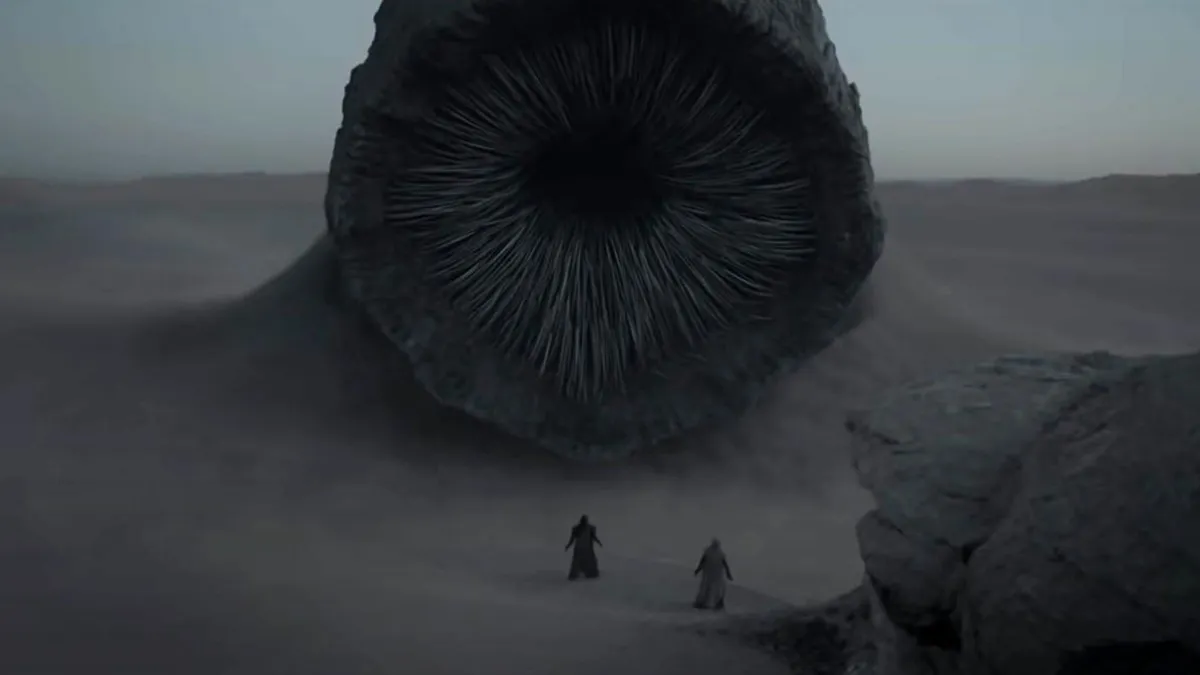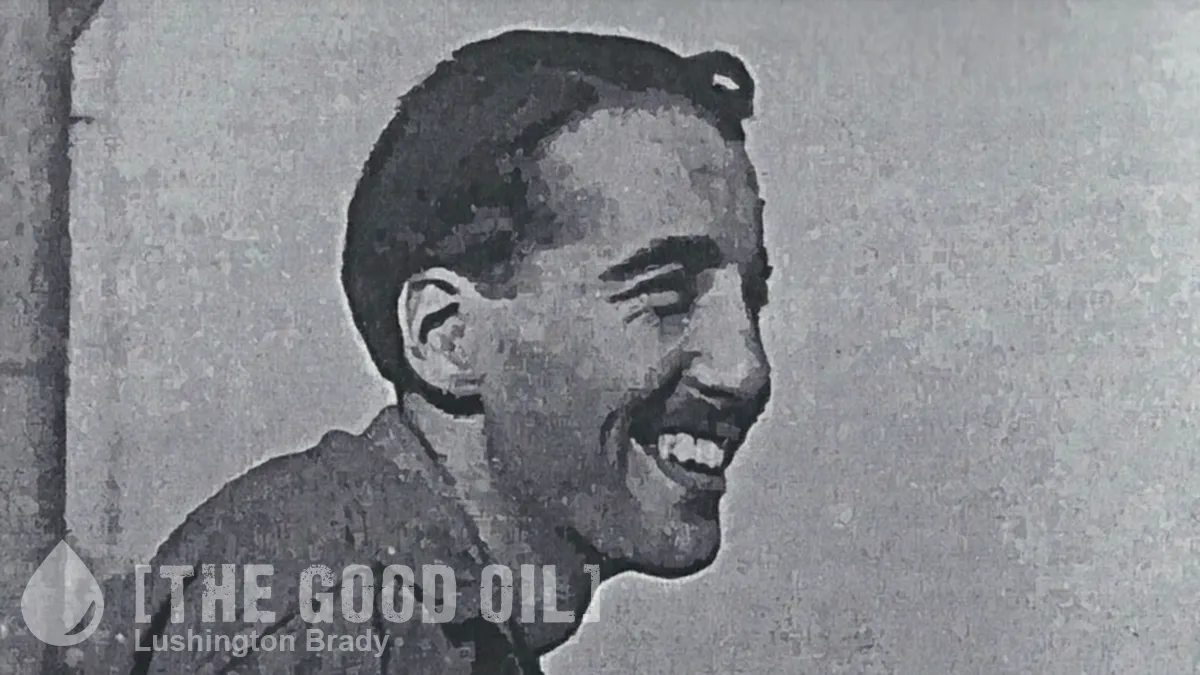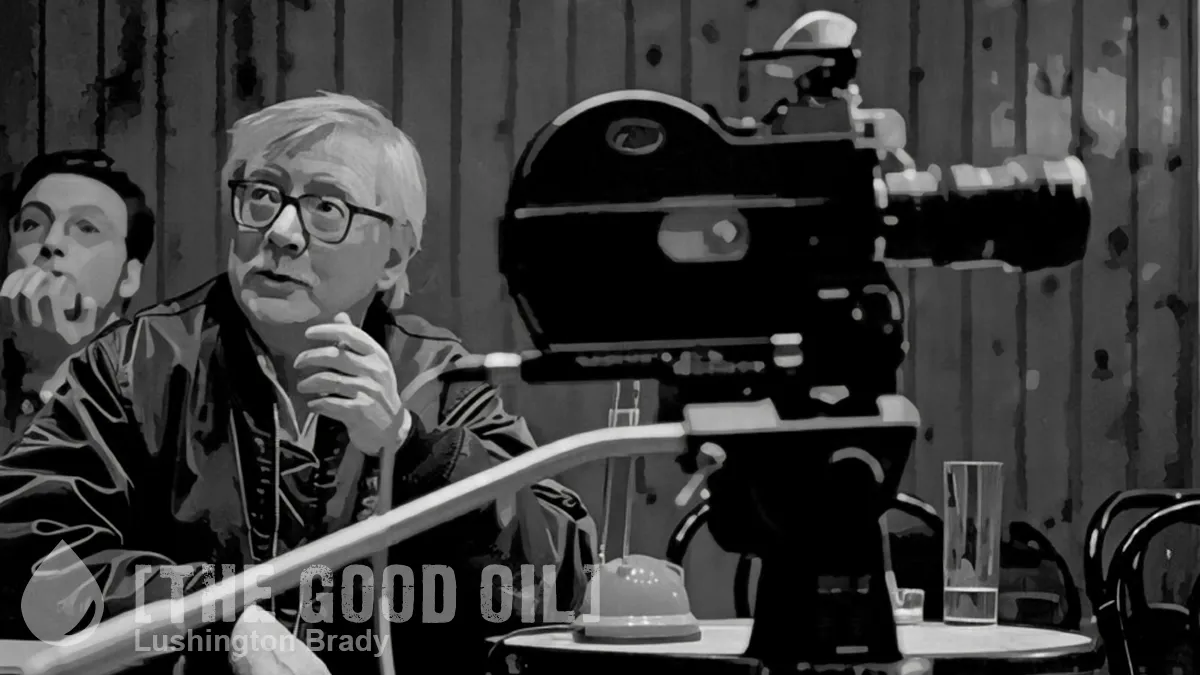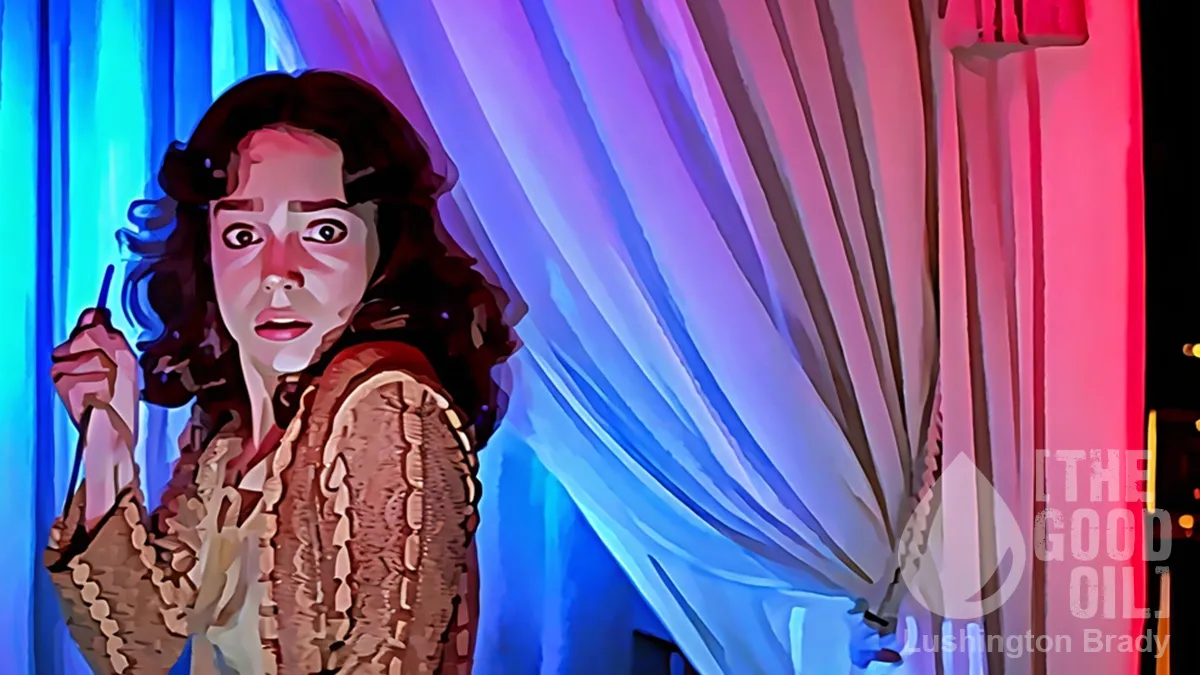Table of Contents
I’ll confess to a major SF heresy: I’ve never much liked the novel Dune. But I do like both film versions. Yes, that includes David Lynch’s.
Lynch may have disowned the film, due to the trauma of working for De Laurentiis productions and the appalling, unauthorised, “director’s cut”, but its very weirdness is what, for all its undeniable faults, endears me unironically to the film.
I first read the Dune novel, and at least its first two sequels, after seeing Lynch’s film. I’ve read Dune once or twice since, to see if I’d re-evaluate my first impression of it. But, no, that first impression remains solid: Dune the novel is mostly unbearably dull. No doubt at the time, the idea of working ecology into the story may have seemed striking (although Tolkien had done so to a far greater extent over a decade earlier), but, as a strength, that hasn’t aged well (just as, say, Halloween was groundbreaking at the time but now is obviously what it is: just a routine slasher).
Overall, I’d give the novel full marks for imagination and world building, striking imagery and characters, but a D- for the overall execution. To put it bluntly, it’s as dull as dishwater (and its sequel, Dune Messiah, even fans admit is a tedious plod).
But it’s Dune the movie (or, Part 2 thereof – it must be remembered that this is the second of a – so far – two-part film) that I’m here to review, not Dune the novel.
Of course, no discussion of a movie of a beloved novel can help referring to the latter. As it happens, like the second Dune novel, the second cinema installment plods badly through its first act (I actually dozed off for a few minutes). Thankfully the rest of the movie revs up beautifully.
In the case of Dune, where the movie departs from the novel is almost invariably its strengths. In particular, Dune is written in an odd style, where most of the action takes place ‘off-screen’, as it were. Key events are narrated secondhand: for instance, the climactic battle in the novel is related in the form of (anti-)hero Paul Atreides (Timothee Chalamet) sitting in a situation room and receiving updates from the front. It’s like telling the story of the Somme in the form of dispatches to General Haig.
Much is also told as inner monologues: characters thinking and plotting to themselves. While this works on paper, it’s difficult to do in film. Lynch’s film resorts to endless whispered overdubs as actors stare vacantly into space. To his credit, and thanks to his stellar cast, Denis Villeneuve’s excellent cast manage to (mostly successfully) convey the necessary feelings and inner thoughts with significant and intense looks.
A big surprise here is how much genuine acting Villeneuve coaxes out of Zendaya, an actress whose range usually encompasses everything from smug to insufferably self-satisfied. As Paul’s love-interest, Chani, though, she really shines and elevates a character who in the novel is notably two dimensional. Despite having read the novel at least twice, I have little recollection of her actual character, because she doesn’t really seem to have one. In Villeneuve’s telling, she becomes a character of real depth, acting as a frequent foil to Paul-the-Messiah. In this way, she externalises Paul’s inner conflict (which, conversely, is not, to my mind, entirely successfully realised in the film) against the Messianic destiny that centuries of plotting by the sinister Bene Gesserit sisterhood have left him helpless to avert.
Which is, of course, the central theme of the novel: Beware of charismatic, messianic leaders and their cult-followers. Interestingly, author Frank Herbert was moved to pursue the theme by his own dabbling in politics and witnessing everything from the McCarthy hearings (McCarthy was a distant relative) to the Kennedy “Camelot” mythopoeia and Nixon.
In Paul Atreides’ case, the prescient visions engendered by the “spice” found only on Arrakis reveal to him that his arrival on the desert planet has set in motion an unavoidable path to galaxy-wide jihad. Nothing he can do will stop the slaughter. The best he can hope to achieve is minimise the death toll (his visions of possible futures reveal that the minimum death toll inflicted in his name will be 60 billion).
The central conflict, then, becomes Paul’s struggle to avoid power while all the time power is heaped on him, whether he wants it or not. The film inverts the novel successfully by making what is mostly internal in the text external on film: the conflict between Chani the doubter and Stilgar (masterfully portrayed by Javier Bardem) the fanatical believer.
On the other hand, key plot elements are dealt with almost summarily. Without revealing major spoilers, what should have been a devastating revelation for Paul and his mother Jessica (Rebecca Ferguson) is given strangely cursory treatment. Although the set pieces on the villainous Harkonnens’ homeworld, Giedi Prime, are visually stunning, the full depth of the Harkonnens’ depravity is also lacking. Baron Harkonnen’s (Stellan Skarsgard) debauched sexual tastes are barely hinted at (perhaps out of deference to Hollywood’s prime directive of not upsetting the Alphabet People), and Feyd-Rautha’s (Austin Butler) menace is likewise diminished to the point that the final duel with Paul Atreides is more than a little unsatisfying. On the other hand, Dave Bautista is magnificently brutal as the thuggish Beast Rabban – the perfect foil to Josh Brolin’s stern and noble warrior Gurney Halleck.
Similarly, Christopher Walken feels wasted as Emperor Shaddam IV. What should have been a figure of galaxy-ruling pomp and splendour is instead just a morose old man. Thankfully, his daughter, Princess Irulan (Florence Pugh), is more fully fleshed-out.
Indeed, the film as a whole feels unsatisfying by the end. While it was obvious from the start that Part 1 was just that, it might have been thought that Part 2 would wrap up the story neatly. Instead, key plot threads are left hanging, from Paul’s relationship with Chani, to his unborn (but already fully conscious and telepathic) sister Alia: a major character in the later books, are barely hinted at by what is little more than a cameo by Anya Taylor-Joy. House Atreides’ strategist, Thufir Hawat (Stephen McKinley Henderson), a key figure in the first film, simply disappears without comment in the second.
It’s patently clear that Denis Villeneuve wants to make it a trilogy, encompassing Dune Messiah – a challenge that will necessarily entail trimming down a sequel with some excellent ideas, but which even fans admit is more than a bit of a slog.
Given the success of Dune Part 2, though, it seems likely the director will get the green light for Part 3 that he so clearly wants. Here’s hoping he uses it to finally wrap up a genuinely satisfying conclusion.









